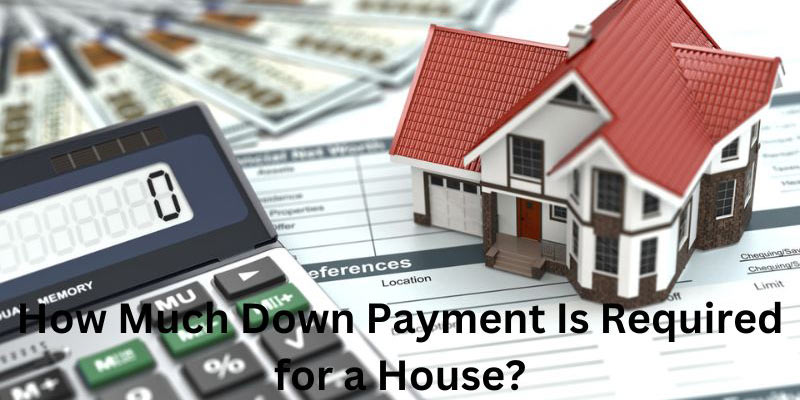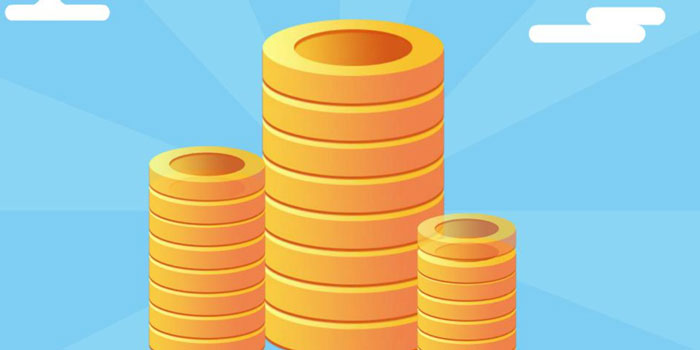Mortgage Interest Deduction: How To Figure It Out (HMID)
One of the most popular tax deductions in the United States is the mortgage interest deduction. It is highly valued by real estate agents, homeowners, would-be homeowners, and even accountants. The myth is frequently superior to reality.
Most Homebuyers Get Nothing

Everything was different before 2017 when Congress approved the Tax Cuts and Jobs Act (TCJA). The new loan cap is $750,000, meaning that only interest paid on $750,000 in mortgage debt is tax deductible.
When Congress did away with the personal exemption, it almost quadrupled the standard deduction, rendering it unnecessary for many taxpayers to itemize. Previously, they could claim the personal exemption in addition to whatever itemized deductions they claimed.
About 135.2 million filers were anticipated to use the standard deduction in the first year after the TCJA went into effect. In contrast, it was predicted that 20.4% of taxpayers would itemize, with 16.46% of those filing to deduct mortgage interest paid.
The Current Status of the Mortgage Interest Deduction

Myth #1: You'll Get A Tax Break
While much ado has been made about the tax benefits of deducting mortgage interest, most homeowners see no benefit. To take advantage of this benefit, homeowners must itemize their deductions. Mortgage interest, property taxes, and medical costs can all be considered by itemizing.
Since mortgage interest is typically the biggest of these outlays, being able to deduct it from one's taxable income is often highlighted as a financial incentive to purchase a property. Again, itemizing deductions may seem appealing in principle, but since the TCJA was passed, it has been clear that doing so is not in anyone's best interest.
In 2022, the standard deduction for individuals and couples filing is $12,950. In 2022, the amount for single-person households will be $19,400. In 2022, a standard deduction for a married couple filing will be $25,900.
Myth #2: There Will Be a Substantial Subtraction
The mortgage interest tax deduction is only worth a small portion of the total interest paid on a mortgage, even for homeowners who itemize their returns. Since the removal is not a tax credit, some calculation is necessary again to get the complete picture.
Instead of receiving a $1 tax benefit for every $1 spent, you will receive only $0.01 in return. The mortgage interest deduction lessens taxable income by a percentage equal to the taxpayer's marginal tax rate, while a credit decreases taxes owing by the same amount.
To use a simplified example, a person who pays an individual income tax rate of 24% and has mortgage interest expenses of $12,000 would be eligible to deduct $12,000 from income tax liability, saving $2,880. The homeowner effectively paid the bank $12,000 in interest to avoid paying taxes on $4,000 worth of the loan.
Improved Methods
It is preferable to pay cash for a new home rather than incur substantial interest costs for little gain. Avoiding interest charges on a cash purchase can save a buyer tens of thousands of dollars. Of course, one could argue that paying the interest and investing the rest in the stock market would result in more significant financial gain.
Although this plan sounds like a good idea when the demand is rising, its proponents tend to disappear when the economy tanks and homeowners are left owing more on their mortgages than their property is worth due to the proponents' poor investment advice.
Avoiding interest payments is the most economical option because no investment will earn more than what you would save. You should try to avoid having to pay interest if at all possible. Suppose you can pay off your mortgage as soon as possible.
When Can't I Deduct My Mortgage Interest?
It is only possible to deduct mortgage interest payments if the borrower's primary residence secures the loan; otherwise, the interest must be paid out of pocket. A primary or secondary home is required as collateral for the mortgage. A mortgage interest deduction cannot be claimed for a third or fourth residence.
How Big of A Down Payment Do I Need For A Mortgage?
Mortgages often need a 20% down payment. Potential homeowners can save money each month by making larger mortgage payments. Homebuyers can also put down less than 20%, but they may be required to pay for PMI (private mortgage insurance) (PMI).
The Conclusion
Due to their financial circumstances, many homeowners do not obtain the tax benefit associated with the house mortgage deduction, even though it might be helpful if it works in your favour. It may be more practical to put aside a larger down payment and avoid as many interest payments as possible before purchasing a property.








